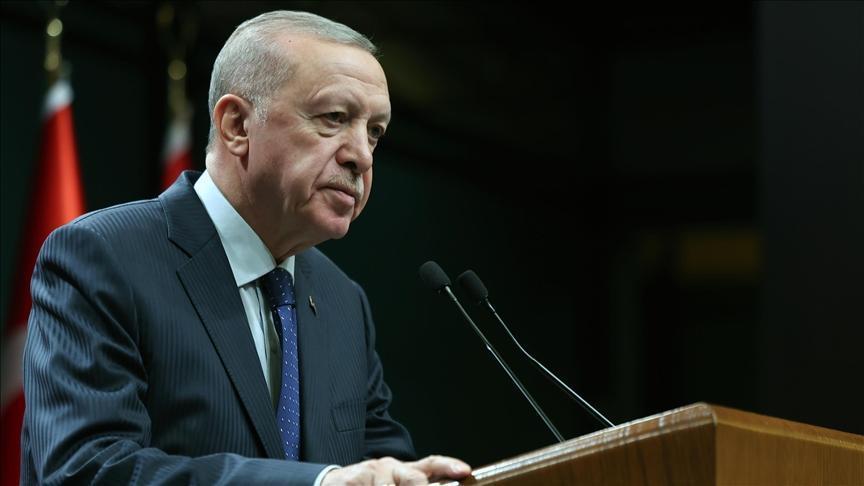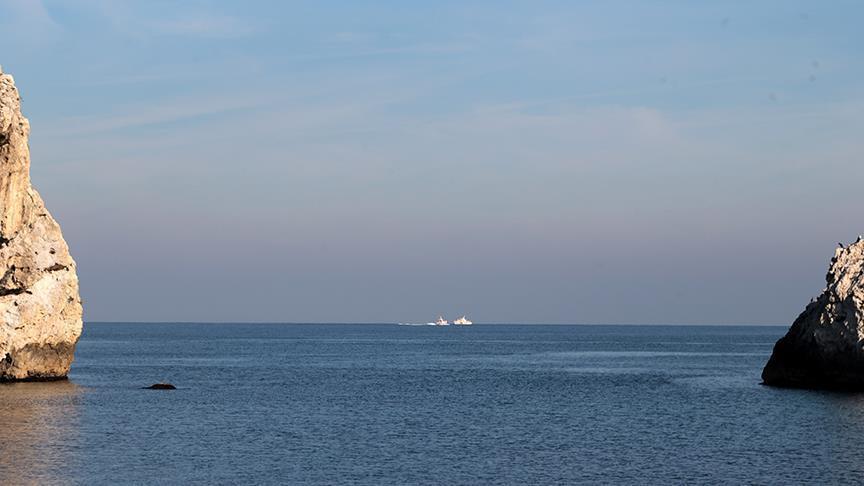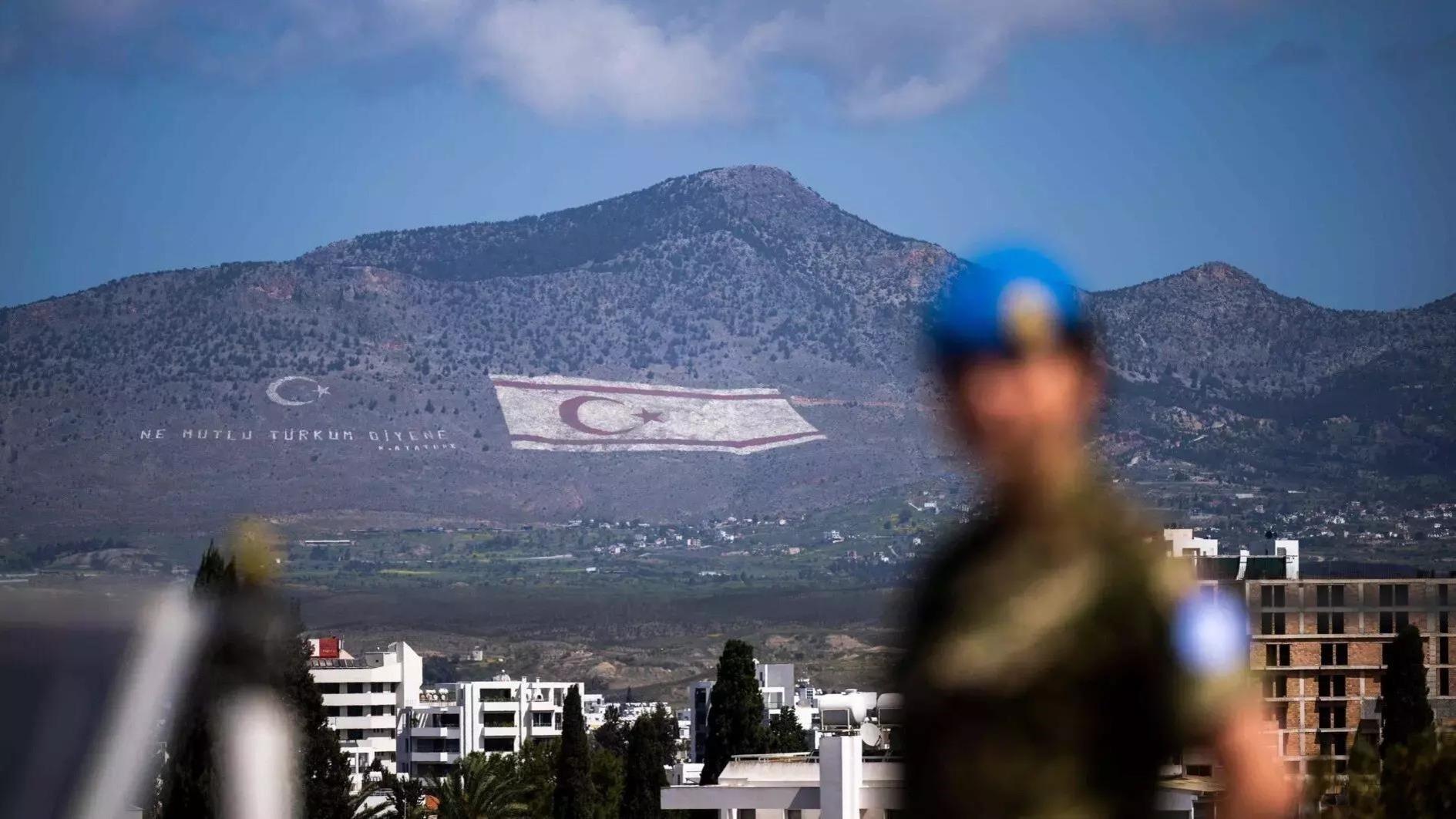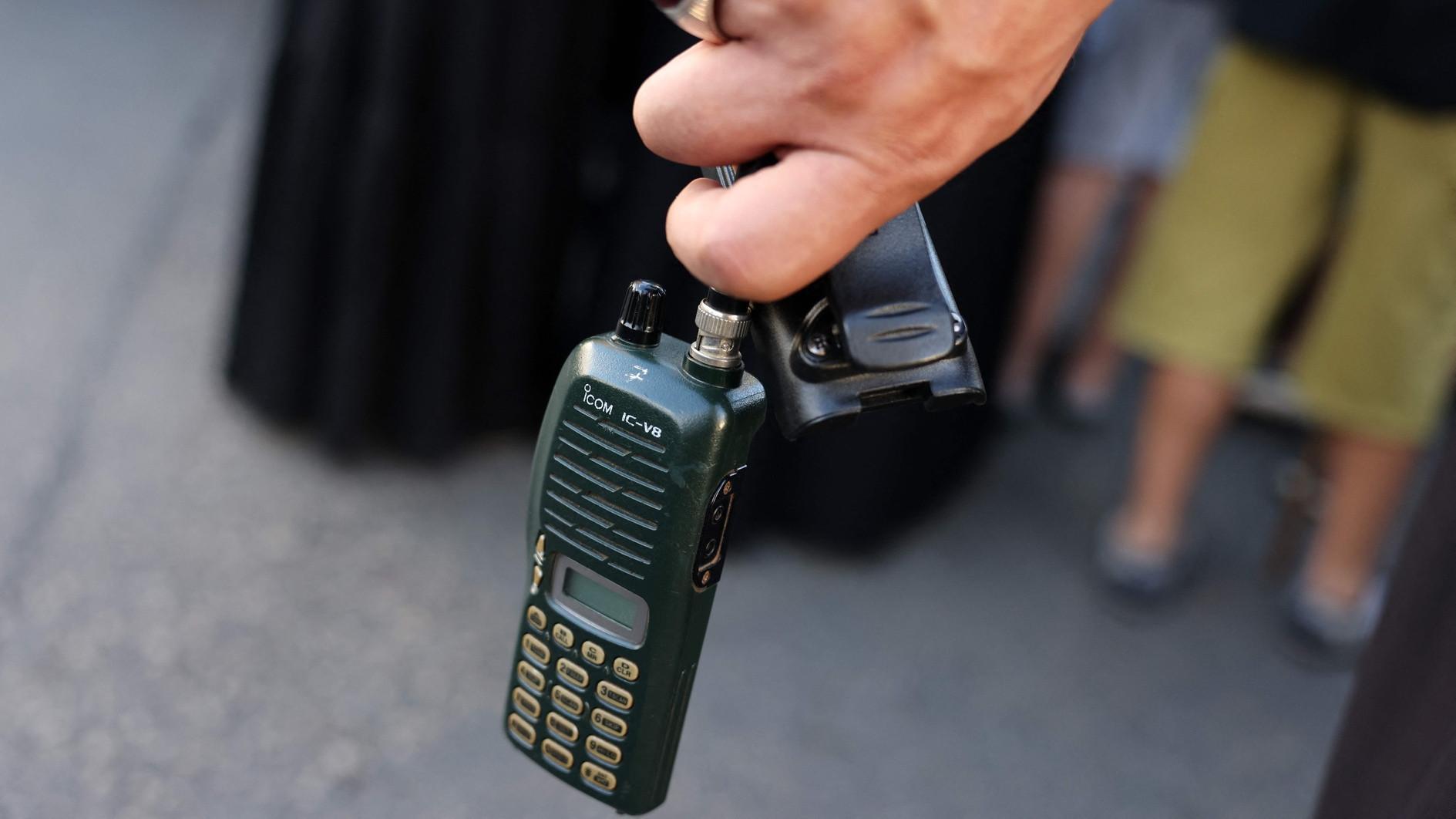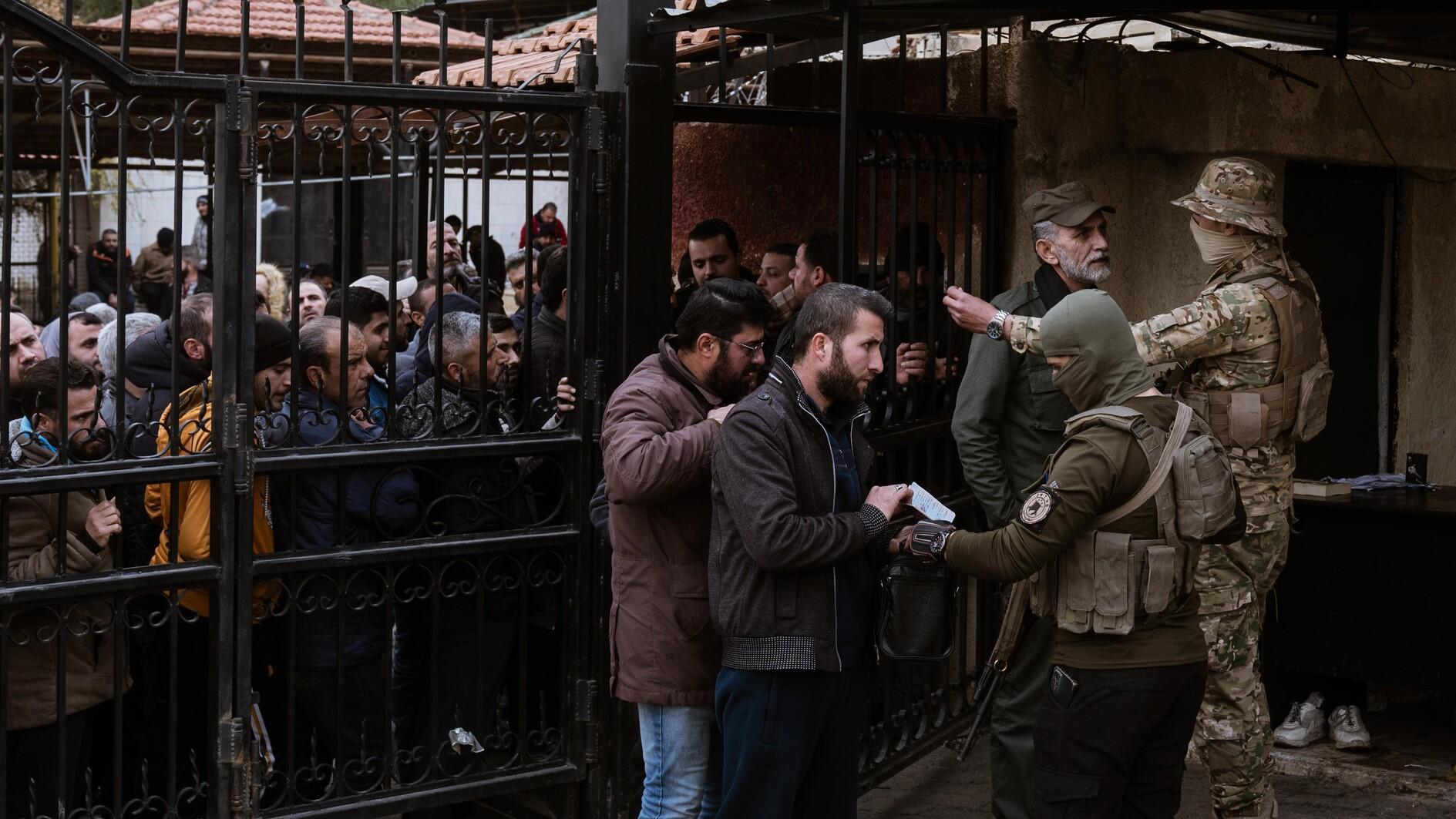What can Erdoğan do to reverse the slide?
A recent survey made by the Sonar polling company showed that if a general election had been carried out last Sunday in Turkey, the ruling Justice and Development Party (AK Parti) would have gotten 44 percent of the votes.
There are two important details about this survey. This is the first survey made public following the Gezi Park incidents, which shook Turkey between the end of May and mid-June, and it was done by the company that had the most accurate estimates before the last general elections June 12, 2011, in which the AK Parti won nearly 50 percent of the votes and that endorsed its power for a third consecutive term.
That 44 percent of the votes would mean an AK Parti government for a fourth term anyway; a 6 percent loss in Erdoğan’s votes would not cost him a government. Similarly, slight increases in the votes of the main opposition Republican People’s Party (CHP) to 28 (from 26 in 2011 elections) and the Nationalist Movement Party (MHP) to 16 (from 13 in 2011) would not put them in power even if they acted together, under the current election system.
But 44 percent of votes would not be enough for Erdoğan to get elected as president next year as 50 percent plus one vote is needed to get elected. That is why Erdoğan has to reverse the slide in order to secure half of the votes again.
Some of the votes that escaped from the AK Parti because of Erdoğan’s hard-line stance during the protest might have gone forever, but it also endorsed the support of the conservative bulk of the AK Parti for Erdoğan, Hakan Bayrakçı, the CEO of Sonar told the Hürriyet Daily News on the phone.
That assessment actually coincides with the assessment made at CHP headquarters in the wake of the Gezi protests. The CHP believes a great majority of the people who took to the streets across the country during those three weeks have never voted for the AK Parti and never would anyway. Only a fraction of them had voted for the CHP though, which makes them think about how to win them over for the local elections in March 2014, presidential elections in August 2014 and parliamentary elections in June 2015. To cut it short, there is not much potential for an exchange of votes between the AK Parti and CHP, at least under the current political circumstances.
That is not the situation with the MHP. The slight rise in the votes of the MHP has more to do with Erdoğan’s initiative to make peace with the outlawed Kurdistan Workers’ Party (PKK), which has been waging an armed campaign for the last 30 years, than the Gezi Park protests. The MHP, unlike the CHP, rejects peace talks with the PKK. While trying to close a deal with the PKK through its extension in Parliament, the Peace and Democracy Party (BDP) – having a vote potential of nearly 7 percent – Erdoğan would like siphon some of the MHP votes in all three of the elections but especially for his presidency after Abdullah Gül.
It is possible to see that Erdoğan might try to win over the staunchly Sunni base within the MHP by further downplaying the presence and importance of the Alevi population of Turkey. In the years prior to the 1980 military coup in Turkey, there have been bloody incidents in which Sunni masses agitated by right-wing groups attacked the Alevis, who, as a consequence, sided with left-wing armed groups. Now the situation is not as grave as those times, but given the fact that there are also Alevi and Turkmen-origin communities supporting the MHP, the AK Parti might play its cards to attract devout Sunni voters from the MHP. That could be Erdoğan’s ticket to a presidency with more powers and less checks and balances, as he aims.
It is true that no one can estimate where the Kurdish issue will end up given the uncertainties in Syria and Iraq and uncertainties in the global economy. But this is the political scene as can be observed for the time being.



